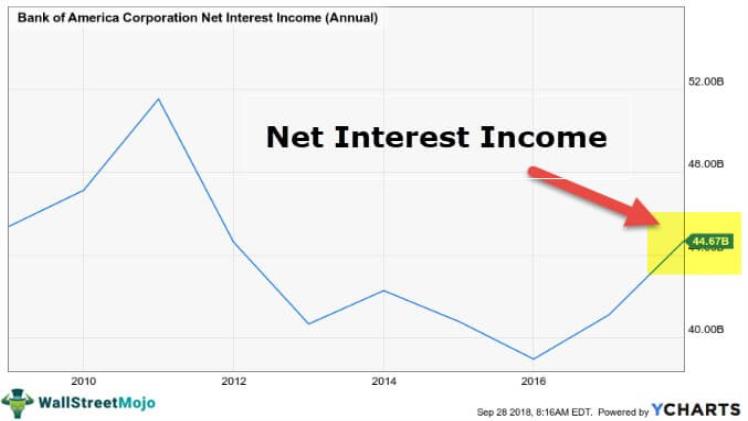Interest income is a major key player in finance, especially for successful financial institutions. Whether from your bank’s savings account or your investments, interest income can provide a steady income flow.
But is interest income an asset?
The short answer is no because an asset has value and can be used to generate income. However, you can learn how to make your money work for you by understanding how interest-based financial systems work.
This article will define income asset and how it affects your financial standing.
Interest Income
Interest income is money earned when you lend or invest your money to other entities. The extra money you receive over your initial investment is the interest income. It is usually a small percentage of the money you lent or invested.
The more time you invest, the more interest income you gain. Interesting, right?
Where Does the Interest Come From?
The cycle of borrowing and earning is sometimes a mystery to the concept of interest income.
For instance, when you put your money in a bank, it uses it to make loans to other customers and charges interest. Or when you buy a bond, you are simply lending money to an organization, and in return, they promise to pay you back with interest.
Interest Income Calculations
Accounting for income interest is quite straightforward. Interest earned is based on the principal amount invested, the interest rate, and the length of the investment.
For example, say you invest $1000 in a savings account with an annual interest rate of 2%. At the end of the year, your interest income is calculated as follows:
Interest income = principal amount x interest rate
Interest income = $1000 x 2%
Interest income = $20
By the end of the year, you will earn $20 interest income.
Note that the interest income is relative depending on when you decide to invest your money and the amount invested.
Interest Income Considerations
As easy as it is to calculate interest income, several factors influence it:
- Taxation: Income tax is subject to taxation and must be reported on your tax returns. You can use form 1099-INT, a tax form used in the USA to report interest income from various sources.
- Inflation is the increase in the general price of goods and services in an economy. A fluctuating economy may affect the returns of your investment.
- Credit risk is when an issuer defaults on their debt obligations. Interest income might be affected when issuers default on their loan obligations.
- Investment horizon: It is the duration you plan to hold an investment. Interests earned on short-term investments are lower than on long-term investments.
Conclusion
Interest income is a valuable source of income for you if you hold investments. While it is not an asset, interest income still generates revenue. Understanding interest income is essential when making investment decisions.


